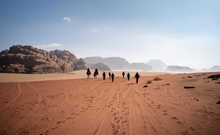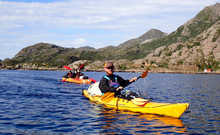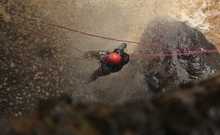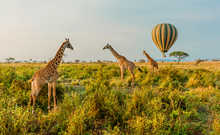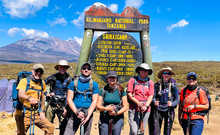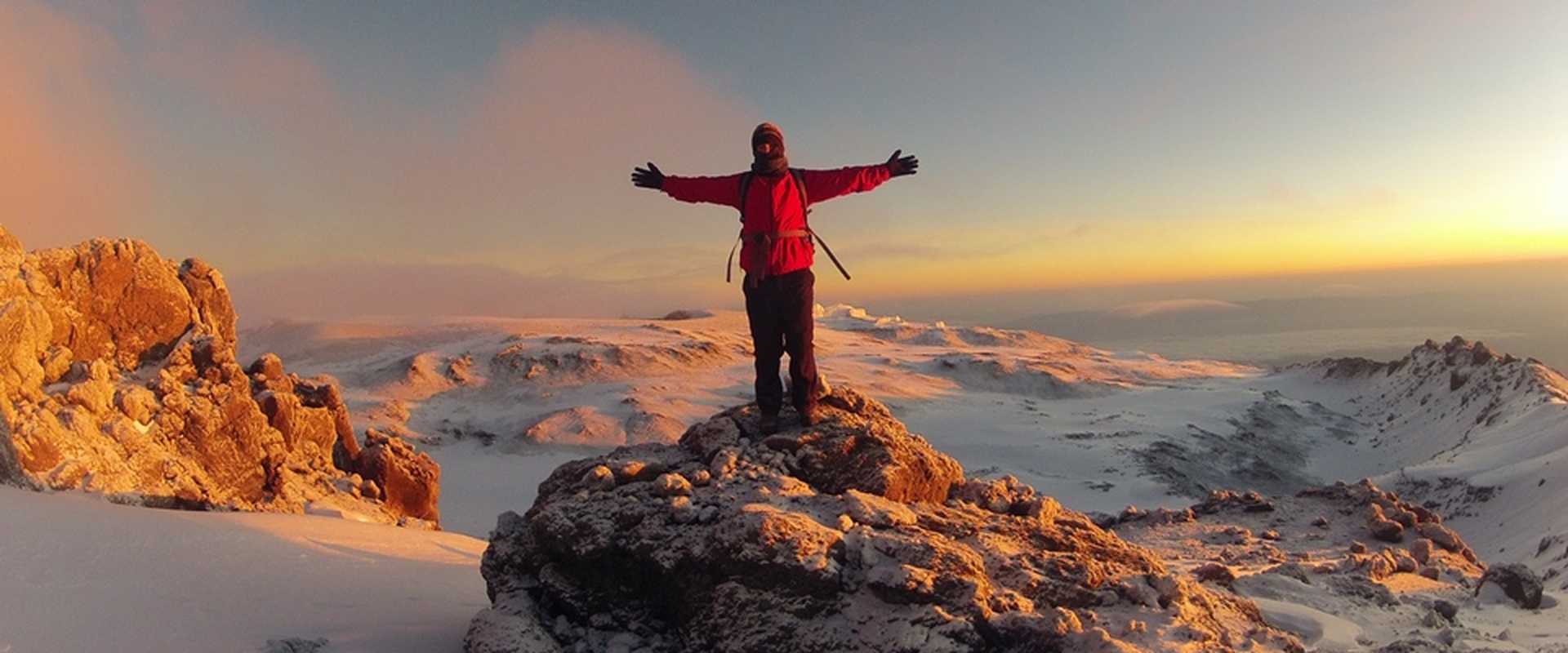Vaccinations, Immunisations and Medications Needed for Climbing Kilimanjaro
Climbing Kilimanjaro is a once-in-a-lifetime adventure that
is prominent on the bucket lists of many keen trekkers from around the world.
Mount Kilimanjaro, commonly known as Kilimanjaro or ‘Kili’ is the tallest
mountain on the continent of Africa, tallest freestanding mountain in the world
and one of the world’s seven summits. So, it’s fair to say that the appeal of
attempting this epic peak is obvious.
Located in Mount Kilimanjaro National Park in northeastern
Tanzania, Kilimanjaro is a popular destination because it is considered a
trekking peak, requiring no technical mountaineering, or climbing skills. There
is still a lot of preparation to consider before travelling to Tanzania to
climb Kilimanjaro, including choosing the best route to climb Kilimanjaro,
making sure you have all the necessary equipment to climb Kilimanjaro,
having a solid Kilimanjaro training plan in place and ensuring you meet
all the vaccination requirements for Tanzania.
Please note we are not medical experts. The advice on this
page is provided as an information only resource and should not be relied on
for any diagnostic or preventative measures. We strongly advise you to seek
professional medical advice at least 6-8 weeks prior to your departure.
Tanzania Required Vaccinations
With the exception of Yellow Fever vaccination, which is
compulsory for any traveller entering Tanzania from any country that is
considered a risk zone, there are no mandatory vaccination requirements for Tanzania.
We have covered this in more detail in the section below.
If you are planning on spending a long period of time
travelling Tanzania after your Kilimanjaro trek, it’s a good idea to spend some
time considering vaccinations, immunisations and medications to protect your
health while you are out there, making your Tanzania trip as enjoyable as possible.
Tanzania Recommended Vaccinations
Yellow Fever
Spread by the bite of a female mosquito, Yellow Fever is a
viral disease in many parts of Africa. Tanzania is not a high-risk zone for
Yellow Fever but, if you are travelling to Tanzania via another Yellow Fever
country, you may be required to present your Yellow Fever vaccination card. High-risk
countries include Angola, Benin, Burkina Faso, Burundi, Cameroon, Central
African Republic, Chad, Republic of the Congo, Democratic Republic of the
Congo, Côte d’Ivoire, Equatorial Guinea, Ethiopia, Gabon, Gambia, Ghana,
Guinea, Guinea-Bissau, Kenya, Liberia, Mali, Mauritania, Niger, Nigeria,
Rwanda, Senegal, Sierra Leone, South Sudan, Sudan, Togo, Uganda.
If you are simply staying in an airport in one of these
countries on transit, then this won't be required but in the case of flight
delays, this can become a problem. The rules state that if you’ve been in there
for more than 12 hours, you’ll need proof of vaccination. You need to be
vaccinated 10 days before your scheduled date of travel. If you plan on staying
in Tanzania for a considerable amount of time, then we would recommend getting
the Yellow Fever jab as mosquitoes are certainly common in the lower regions of
the country.
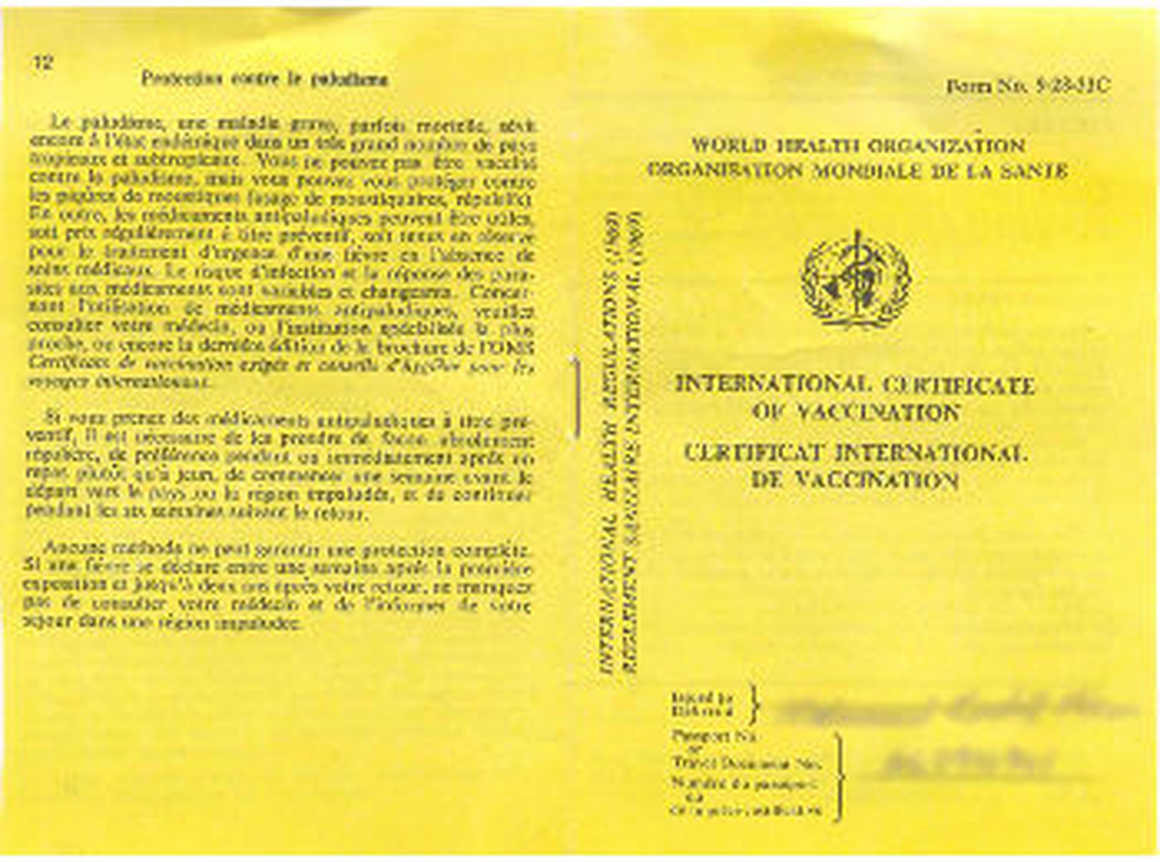
Hepatitis A & B
Getting both Hep A and Hep B vaccinations before travelling
to Tanzania is a good idea as it is better to be safe than sorry. Both diseases
can be transmitted in a number of ways, including contaminated food or water -
particularly uncooked foods such as fruit that you don’t peel, shellfish, ice
in drinks and salad etc. You are at highest risk of Hep B if you work in
healthcare, require medical treatment when out there or are sexually active
with the local population. We recommend you talk to your doctor about Hepatitis
vaccinations for more detailed Tanzania travel advice.
Rabies
Tanzania is a fairly low risk rabies zone and your chance of
exposure to rabies is low, especially if you aren’t planning to travel Tanzania
after you climb Kilimanjaro. However, if you plan on staying for a longer
period, particularly in the rural parts of Tanzania, then getting a rabies jab
is probably a good option. Rabies is usually transmitted by a bite from an
infected animal such as a dog. Please consult with your doctor for more
detailed advice about shots needed for Tanzania.
Diphtheria/Tetanus/Polio
If you have not had these injections in the last 10 years then it is highly recommended you get a booster for each.
Typhoid
Food hygiene standards in Tanzania can be lacking, and it is
not uncommon to be exposed to typhoid it is spread via contaminated food and
water. Getting a typhoid jab is therefore highly recommended as typhoid can be
transmitted by ice in your drinks, eating street food, poor hygiene, eating raw
food or travelling rural areas of Tanzania.
Tuberculosis
Although not common, tuberculosis (TB) has been contracted
by people visiting Tanzania. Contracted through airborne sputum, TB is higher
risk for people under the age of 16 who are staying in Tanzania for an extended
period of time. TB is also a higher risk to people under the age of 35 working
in healthcare, or for anyone staying in Tanzania for long periods of time.
Cholera
Trekkers travelling to Tanzania to climb Kilimanjaro should
be fine without a cholera injection. However, if you are working in Tanzania in
healthcare or with an emergency relief agency, a cholera injection is highly
recommended.
Measles
Measles is a disease that is spread through inhaling
airborne sputum, therefore anyone who is planning on living in Tanzania for a
prolonged period of time, or working closely with Tanzanian people should get a
measles jab.
Malaria
Caused by the bite of the anopheles mosquito, Malaria is a
real problem in Tanzania, especially in the lower jungle and coastal regions
where mosquitoes thrive. Coastal towns such as Zanzibar have the highest risk,
but inland towns such as Moshi and Arusha are still vulnerable.
Tanzania is determined as a high-risk malaria zone and every
precaution should therefore be taken in order to avoid the disease. It only
takes one single bite from a mosquito to contract the disease. The only
fool-proof way of avoiding malaria is to take anti-malaria drugs or
prophylaxis.
The good news for trekkers is that anopheles mosquitoes are
not found at high altitudes. Over 2,000 metres, the anopheles mosquito is
rarely seen and the only point which you are likely to get bitten is just
before and after your trek when you are at sea level. This is particularly true
at night when the anopheles mosquito is most active.
There are a number of ways to reduce your chances of getting
bitten:
- Wear mosquito repellent - the best repellent
contains a high concentration of DEET
- Stay indoors when the sun goes down
- Apply mosquito repellent not only to your skin,
but to your clothes and bedding also
- Use a mosquito net at night to protect your
bedding
- Wear long-sleeve shirts and trousers - try to
make your clothes as light a colour as possible as mosquitoes are attracted to
darker shades
- Take anti-malarial drugs - see your GP for this
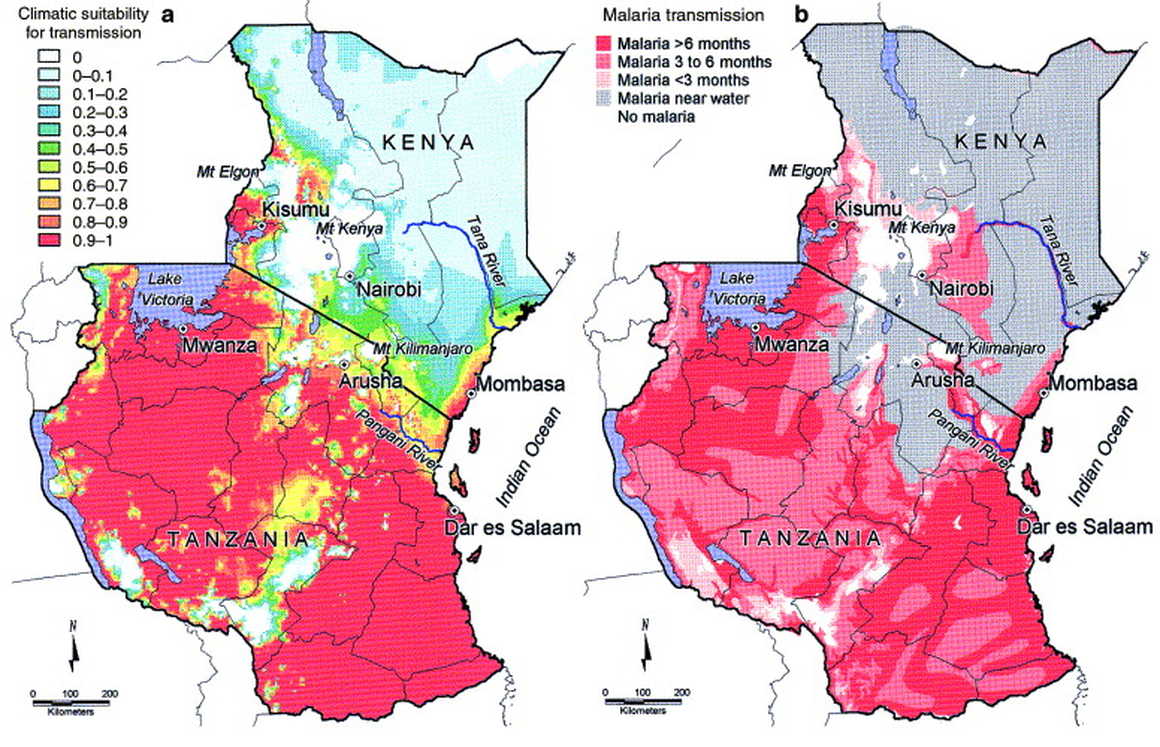
Anti-Malarial Drugs
There are a number of anti-malaria drugs on the market and
it is always best to consult your doctor as to which one is best suited to you.
The type of anti-malaria drug you use will depend very much on your age, length
of stay and how a particular type of drug fares in different regions. When
considering anti-malarial drugs, there are three main drugs to consider:
Malarone, Doxycycline and Mefloquine.
- Mefloquine has a number of brand names including
Lariam, Mephaquin and Mefliam. Of all the drugs mentioned above, Lariam is
probably the most popular (although many people complain of side effects such
as hallucinations and nightmares when using Lariam). Lariam is taken once a
week and a full course of the drug is needed to make sure it is fully
effective. It is always recommended to test the drug several weeks before
leaving to make sure you don't suffer any side-effects. Research has suggested
that taking Lariam increases a person's likelihood of getting Acute Mountain
Sickness (AMS), however, this is not conclusive. The side effects of Lariam
will often emulate mountain sickness which may be the cause of this belief.
- Doxycycline is an antibiotic that can also be
used to prevent Malaria and is available in the United States by prescription
only. Both adults and children should take one dose of doxycycline per day
sarting a day or two before travelling to the area where malaria transmission
occurs. They should take one dose per day while there, and for 28 consecutive
days after leaving.
- Malarone, although more expensive, seems to have
fewer side effects and may be a good option for people concerned about Lariam.
As always, we recommend seeking professional medical advice before taking any
of these drugs.
Medications to Bring with You
- Antimalarial
- Diamox to prevent symptoms of acute mountain
sickness (AMS)
- Ciproflaxin or a similar antibiotic to treat
bacterial diarrhoea
- Ibuprofen
General Medical Check-up
As well as taking care of yourself during your Kilimanjaro
climb, it is important to make sure you are fit and healthy before climbing
Kilimanjaro by seeking advice from a professional. We strongly advise that you
see your GP for a general medical check-up before traveling to Tanzania and prior
to attempting climbing the mountain. A medical check-up is particularly
important for anyone suffering from pre-existing medical conditions and will
give you piece of mind whilst you are in Tanzania.
References: 1. CDC Website
